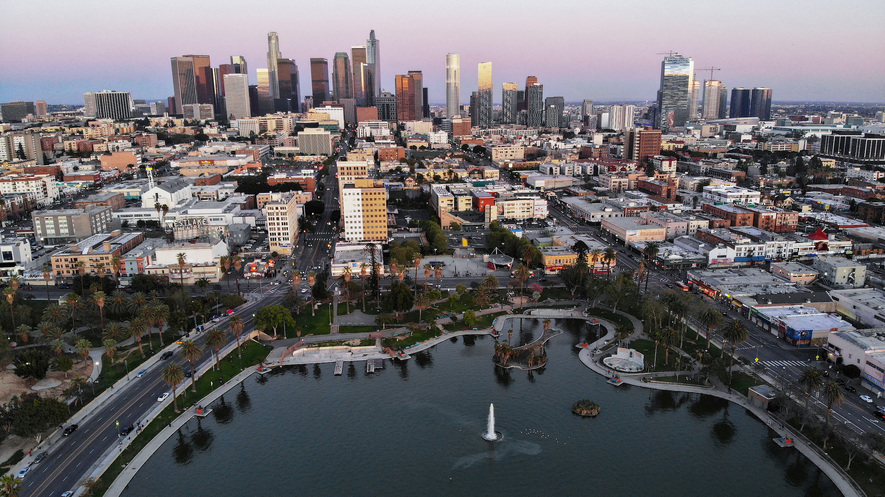Pandemic Response Has Affected The Environment
The COVID-19 pandemic, or worldwide outbreak, is less than six months old. But the way that people have reacted to it has already affected the world's environment. For example, pollution in India has decreased dramatically. In the United States, pollution has decreased because people are driving and flying less.
But this won't last long. Scientists say China's pollution decreased because factories stopped operating during lockdown. As the country reopens, the pollution is expected to increase again.
Scientists are hoping to find ways to deal with climate change in the long term. They are looking at how people's behavior has changed. They are also looking at the way the governments respond.
Improvements To Climate Must Continue
Environmental activists say the pandemic is a reason to make changes in how we deal with climate. Otherwise, progress that was made with the environment could be lost. The Environmental Protection Agency said it will not enforce environmental rules during the pandemic.
Kenneth Gillingham is a professor at Yale University. He says the pandemic has impacted renewable energy efforts. Renewable energy comes from resources such as sunlight and wind.
"There's a slowing down of building new solar farms, of new wind facilities," he said. "Some projects are hitting the pause button. Other projects may not happen for a long time."
Human Response To COVID-19 A Model For Climate Change
Scientists hope people will learn how the pandemic and climate are connected. Both the pandemic and climate change affect more people of color. We need to deal with environmental issues to help these people, says Dr. Aaron Bernstein, a professor at Harvard Medical School.
He says there is hope in the way the world has responded to the pandemic. For example, people have changed their behavior. They are sheltering in place and wearing masks.
People are willing to give up things to help other people, says Christopher Jones. He is the director of the CoolClimate Network at the University of California, Berkeley. "I think that's quite new."
Scientists want people to understand that climate change is a big threat. Scientists see a connection between human behavior and severe natural disasters, such as hurricanes and fires. But most people feel disconnected from both the impacts and causes of climate change.
However, researchers say there is still a chance for people to change their behaviors in response to climate change. They think this is possible because people changed their behaviors in response to the pandemic.
"It can make people feel that what was previously unthinkable is plausible," Jones says. "They know what the experience feels like."
